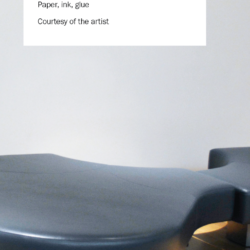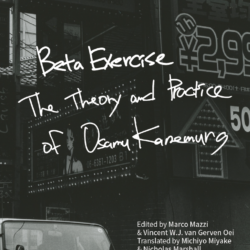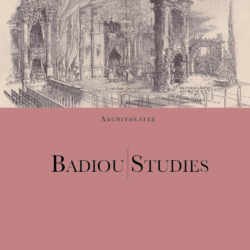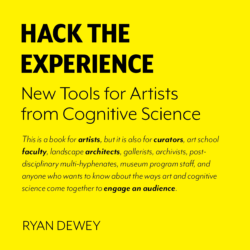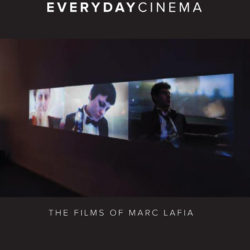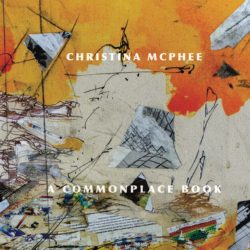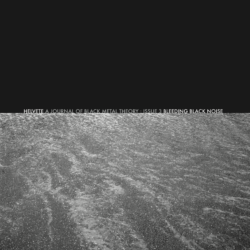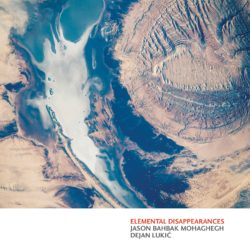Nothing in MoMA
Imprint: Dead Letter Office
Published: 09/22/2018
Nothing in MoMA is a series of photographs captured in areas of Manhattan museums in which there are no artworks, written words, or people. Addressing the “grammar that organizes and secures our scene of looking,” in the words of art historian David Joselit’s introduction, the book imagines a composite empty museum or a narrative of[…]

